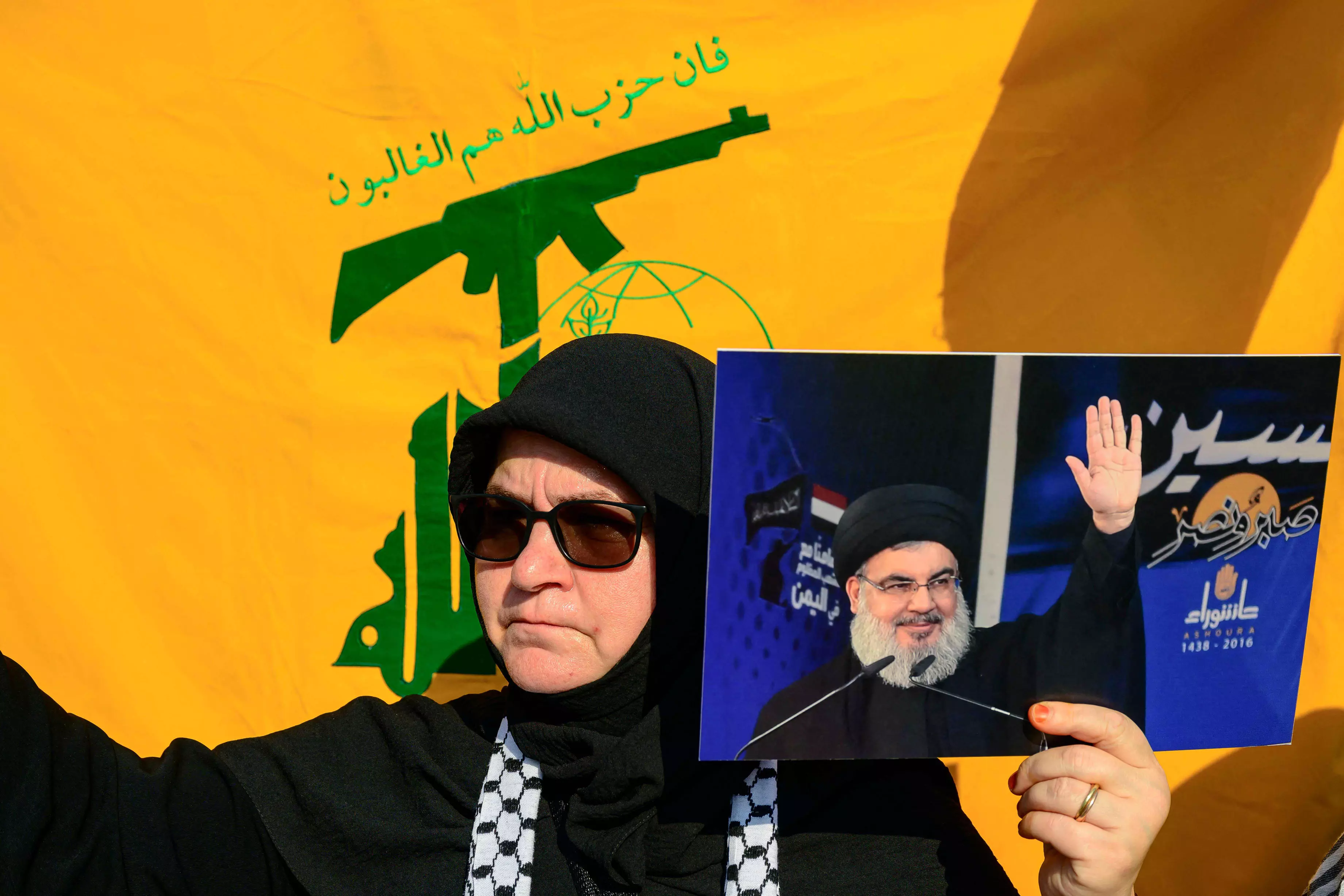Israel’s pinpoint strike on a southern Beirut suburb killing the Hezbollah leader Sayyed Hassan Nasrallah in his underground command post to end his 32-year reign as secretary-general of the terrorist organisation with political wings has sparked fears of a far wider escalation of the Middle East war. The killing of the top leadership that shaped Hezbollah into rebuilding its military machine since wars in the early parts of the millennium against Israel to become the world’s most heavily armed terror group may seem a huge setback now. The strike that followed months of intelligence may not, however, have knocked out the group’s ability to keep firing missiles on Israel, which it has been doing with scores of projectiles per day since the barbaric October 7 attack on Israel by Hamas.
A tectonic shift may not come about in Iran’s influence on its proxies in the region because of this strategically precise operation with powerful bunker buster bombs to hit a major figure like Nasrallah. What Iran does now in the face of this pointed attack on Hezbollah and one of its own revolutionary force commanders is what will define events in the war. Having taken direct action against its sworn enemy, Israel, only in the softest possible way even after the extreme provocation of having a diplomatic compound in Syria bombed, Iran may continue to act only through proxies, sending even more powerful weapons into Lebanon.
An indication of an immediate reaction out of Iran is that the .

















